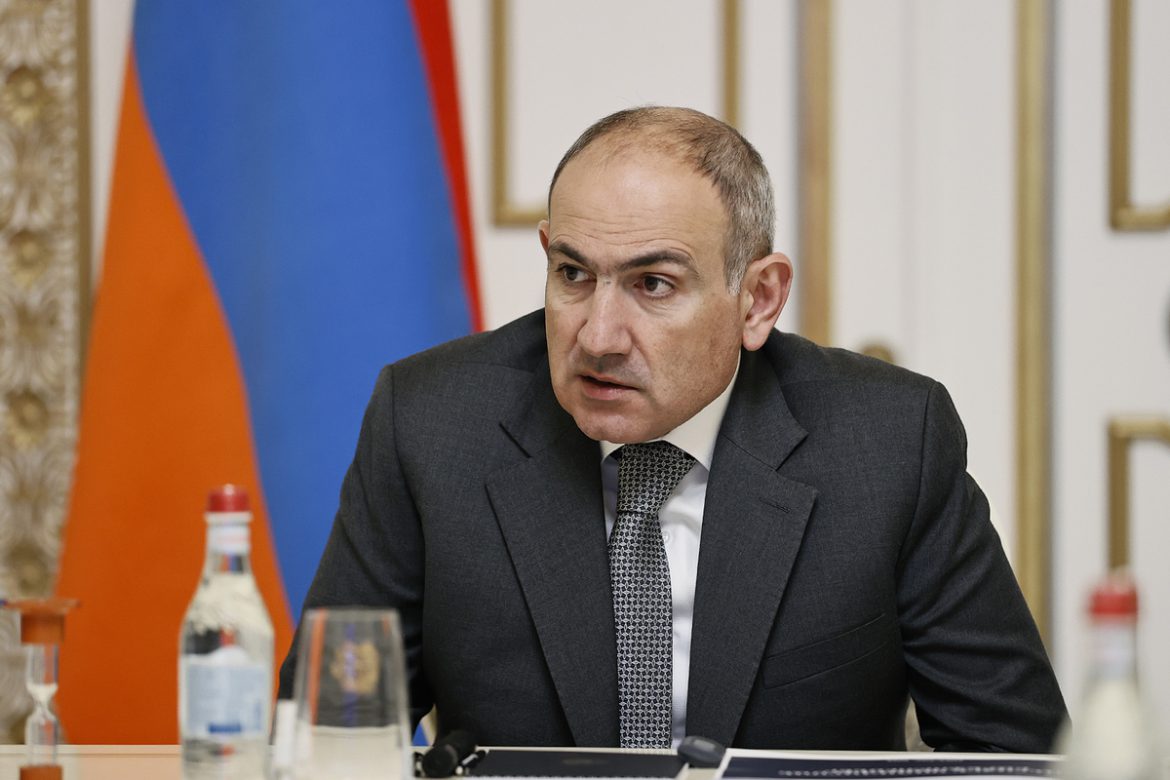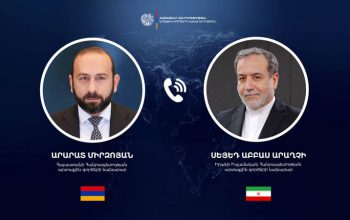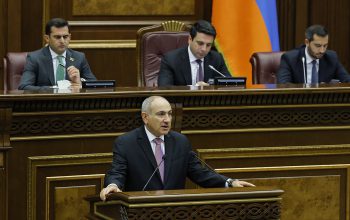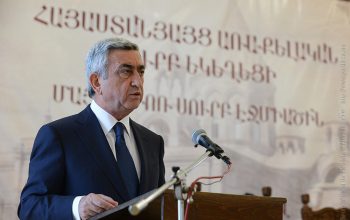Prime Minister Nikol Pashinyan’s office announced Tuesday that he is considering the publication of all peace proposals on Artsakh made by U.S., Russian, and French mediators. This move comes in response to calls from critics accusing him of distorting the history of Armenia’s negotiations with Azerbaijan.
Last month, Pashinyan claimed that peace plans reviewed by Armenia’s former governments were primarily centered on “returning Nagorno-Karabakh to Azerbaijan.” He admitted that failing to communicate this to the public after assuming office in 2018 was a “big mistake.”
Former Presidents Levon Ter-Petrosyan, Robert Kocharyan, and Serzh Sargsyan refuted Pashinyan’s assertions, accusing him of misrepresenting decades of negotiations mediated by the OSCE Minsk Group. In turn, Pashinyan challenged the former leaders to a televised debate on the issue, a proposal they collectively dismissed.
Ter-Petrosyan urged Pashinyan to release all peace proposals and Armenia’s official responses since 1994, asserting that this would provide a factual basis for discussion. “If you don’t do that, you will once again prove that you are evading the truth and shirking historical responsibility,” the 79-year-old ex-president said in a December 25 statement.
The most widely recognized framework for resolving the Artsakh conflict, the Madrid Principles, was introduced in 2007 and underwent multiple revisions in the following decade. This framework emphasized the right of Artsakh Armenians to self-determination, while requiring the withdrawal of Armenian forces from surrounding seven regions. Artsakh’s final status would be determined through a future referendum.
Since Armenia’s defeat in the 2020 war, Pashinyan has criticized the Madrid Principles, alleging in 2021 that the mediators sought a “surrender of lands” to Azerbaijan without offering Armenia meaningful concessions. The Russian Foreign Ministry rejected his claims outright.
Pashinyan’s office also framed his renewed focus on the negotiation process as a response to “external forces” and their “internal allies” allegedly exploiting the Artsakh issue to hinder Armenia’s progress toward becoming a truly independent state. No specific entities were named.
Opposition leaders dismissed this narrative, accusing Pashinyan of deflecting responsibility for Armenia’s military and diplomatic failures. They argue that his rejection of the Madrid Principles in 2019 set the stage for the catastrophic 2020 war and Azerbaijan’s subsequent reclamation of Artsakh.
As pressure mounts, the question remains whether Pashinyan will make the peace proposals public, potentially exposing the intricacies—and shortcomings—of decades of diplomacy.




